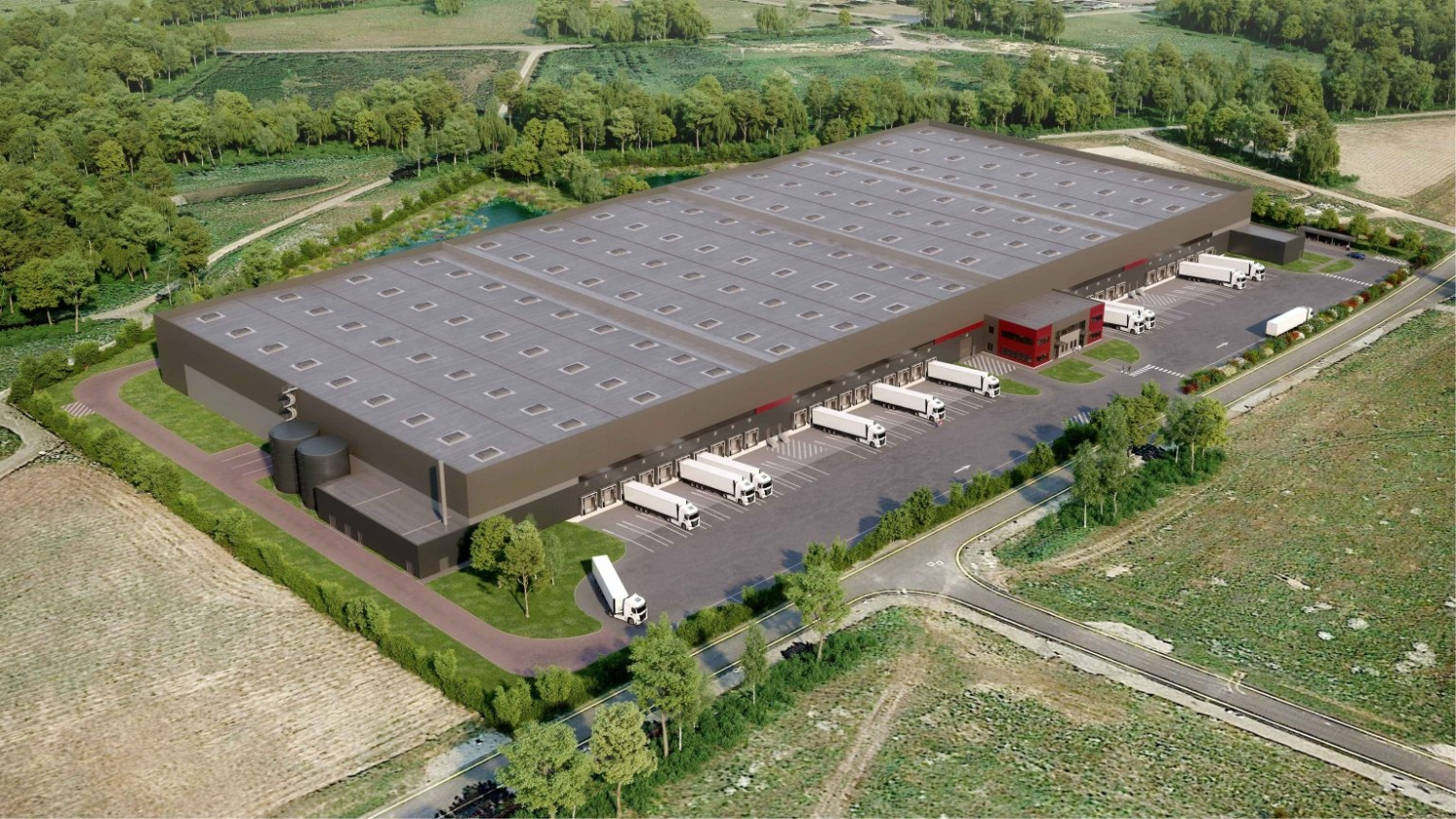Furthermore, 89 percent—up from 86 percent in 2023—said that FDI would be more important to their corporate profitability and competitiveness in the next three years. And their level of net enthusiasm about the global economy rose markedly as well. While the optimism level grew only marginally to 64 percent, net pessimism decreased notably from 35 to 29 percent compared with last year.
For the 12th consecutive year, the United States takes the top ranking on the world rankings. The United Kingdom increases one rank to 4th, Germany drops one notch to 5th, and France maintains its 6th-place position.
The second annual ranking for emerging markets welcomes newcomers to the top 25, amongst which Romania as well. Seven of the 25 markets on the Index—Poland, Chile, Romania, Peru, Hungary, Uruguay, and Oman—joined the list for the first time.

Romania placed 17th on the Emerging Market FDI Confidence Index, and despite not ranking among the top 25 FDI destinations in the main index, is the 12th largest economy in the EU by nominal GDP.
FDI inflows into Romania grew from $10.6 billion in 2021 to $11.3 billion in 2022. Foreign direct investment opportunities include ventures in information technology, automotive, telecommunications, energy, services, manufacturing, consumer products, insurance and banking.
Legislative instability, and corruption hinder investor confidence, but a well-educated workforce, natural resources, and efforts to ease administrative burden encourage foreign investment.
Despite overall optimism on the state of FDI, investors are wary about mounting risks in the global operating environment, not least of which is the geopolitical turbulence that has been growing in various regions of the world. Indeed, investors anticipate continued geopolitical tensions in 2024. Eighty-five percent believe an increase in geopolitical tensions will affect investment decisions, with some firms deciding to nearshore and/or friendshore as a result. Investors also anticipate that a more restrictive business regulatory environment in both developed and emerging markets is likely to pose risks in the year ahead.
The Index this year explores AI and the impact of technology and regulation in general on investor operations. A notable 72 percent of investors say they are making significant or moderate use of AI in their business operations. They anticipate their businesses will use AI for customer service and chatbots, automation of manual processes, and supply chain enhancement. Further, 63 percent of investors say their organization will make significant or moderate increases in AI usage to guide their investment decisions. They cite cost or efficiency savings and decision-making accuracy as the top benefits they gain when using AI in their investment decision-making.
The Kearney FDI Confidence Index is an annual survey of global business executives that ranks markets that are likely to attract the most investment in the next three years. In contrast to other backward-looking data on FDI flows, the FDICI provides unique forward-looking analysis of the markets that investors intend to target for FDI in the coming years. Since the FDICI's inception in 1998, the markets ranked on the Index have tracked closely with the top destinations for actual FDI flows in subsequent years.
The 2024 Kearney FDI Confidence Index is constructed using primary data from a proprietary survey of senior executives of the world's leading corporations. The survey was conducted in January 2024. Respondents include C-level executives and regional and business leaders. All participating companies have annual revenues of $500 million or more. The companies are headquartered in 30 countries and span all sectors. Service-sector firms account for 46 percent of respondents, industrial firms for 45 percent, and IT firms for 9 percent.











